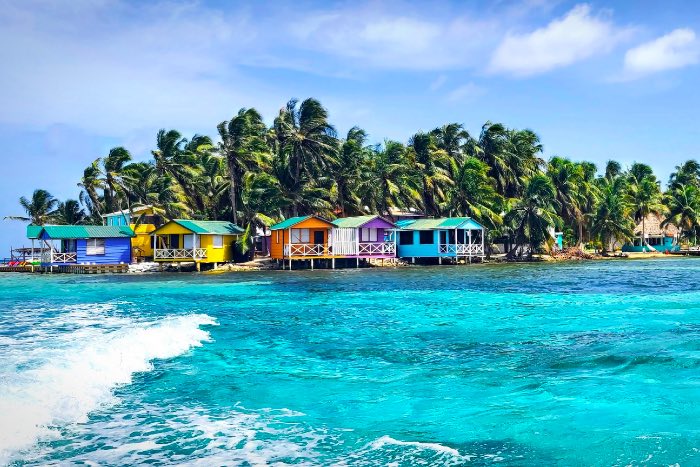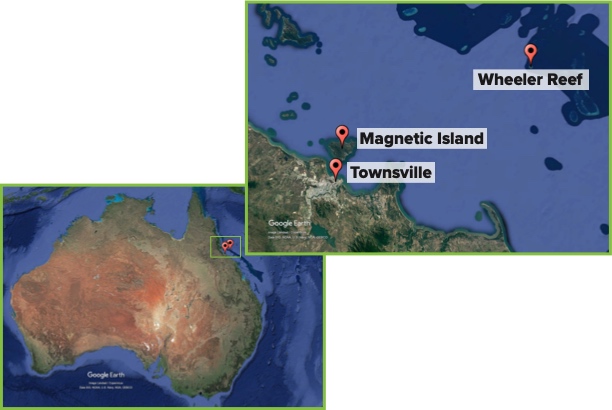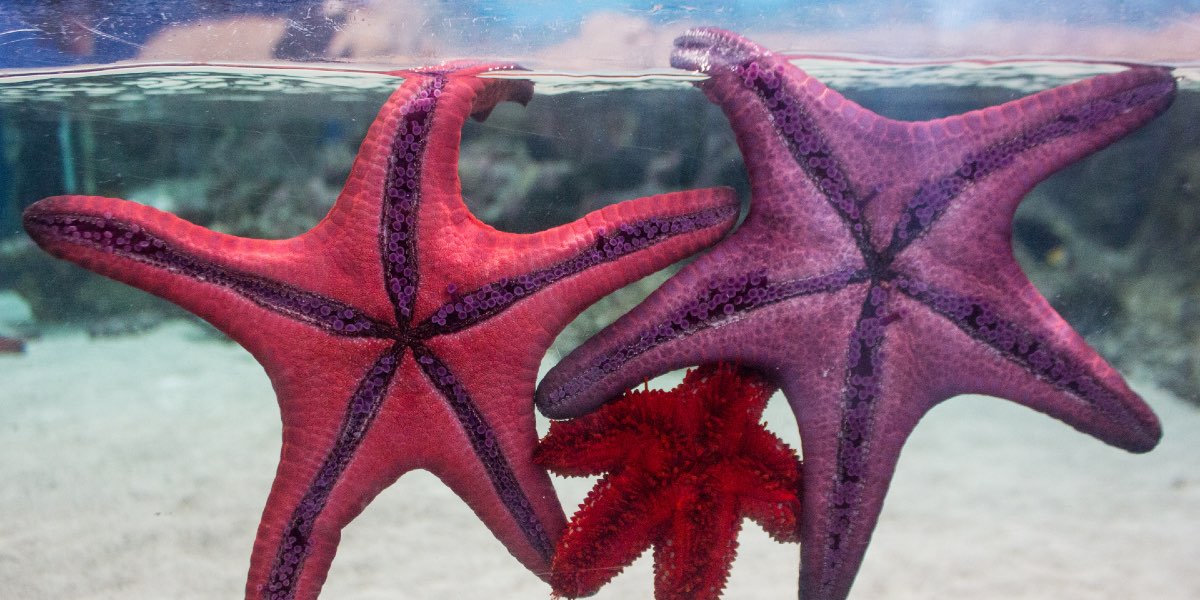
Australia: Great Barrier Reef
Dive into the conservation and education opportunities of the Great Barrier Reef, the global center of marine biodiversity.
Course Overview
The Great Barrier Reef, located off Australia's northeast coast, is a massive and ancient ecosystem that spans 14 degrees of latitude. Its bewildering diversity includes over 3,000 individual coral reefs, sponge gardens, seagrass beds, and mangroves. These varied habitats support a rich array of marine and terrestrial life, from more than 1,500 species of fish to six species of sea turtles, whales, dolphins, and dugongs.
Dragonfly is delighted to partner with the Great Barrier Reef Marine Park Authority, or Reef Authority, which is dedicated to the long-term health of the reef, including many projects happening in Australian terrestrial areas. The program offers students a chance to explore the work of the Reef Authority directly, with field excursions for research and an understanding of how local communities are involved in protecting marine environments. Through this course, you will get an in-depth look at how the Reef Authority promotes reef stewardship through public exhibits, field programs, and partnerships with traditional land owners.
A typical day on this EE course includes exploration and hiking in the local environment, instructor and student-led discussions of key course topics, presentations, and engagement with local community experts, 1 to 2 snorkeling experiences, and time for inquiry investigations and journal writing. Prior to and following the field experience in Australia, students will complete coursework via Canvas, Miami University's learning management system, as they apply experiences at home.
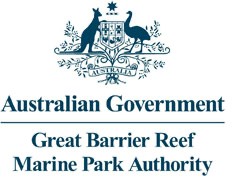 *** If you're interested in Australia: Great Barrier Reef for Summer 2026, let us know by completing this short form. Note: This is not the EE application/course request form. Visit our Apply webpage for application instructions for the GFP or to take an Earth Expeditions stand-alone course. Current Dragonfly students' summer requests should be submitted using the form sent via email.
*** If you're interested in Australia: Great Barrier Reef for Summer 2026, let us know by completing this short form. Note: This is not the EE application/course request form. Visit our Apply webpage for application instructions for the GFP or to take an Earth Expeditions stand-alone course. Current Dragonfly students' summer requests should be submitted using the form sent via email.
| Course Components | Details |
|---|---|
| In-Person Travel Dates |
July 20-28, 2026 Arrive at least one day before and depart on the day after course ends. |
| Full Course Dates | April to August online. |
| Course-Specific Themes |
-Understanding the complexity of the Great Barrier Reef and how terrestrial activites impact reef health. -Ways of knowing and opportunities to learn from the indigenous communities. -Experiencing governmental agencies role in conservation and education. -Direct snorkeling (eather depended) in the iconic waters of Australia northern coast. |
| Eligibility |
This course is open to anyinterested current master's students or can be taken as a standalone course. An undergraduate degree is required. *Miami U. undergraduates with Graduate School permission may also apply. |
| Physical Requirements |
Some hiking and swimming while snorkeling in open water reef areas. |
| Lodging |
Hotel stays sharing rooms with one to three other students. |
| Course Credits |
5 master's graduate credits or 7 CEUs (Continuing Education Credits_ can be earned. |
| Course Costs* |
There are two options to take this course: 1) Earn 5 graduate credits: $2700 program fee + $2275 for 5 credits tuition ($455 x 5 credits) + $175 Miami's global programs fee = $5150 2) Earn 7 CEUs (Continuing Education Credits): $2700 + $400 instructional cost = $3100 All partcipants cover their own transport to Townsville, Australia (airport code TSV). |
*Includes meals, water (extra snacks and drinks not included), lodging, activities (optional activities not included), course transportation, and park entrance fees. For additional information, go to our Program Costs page.
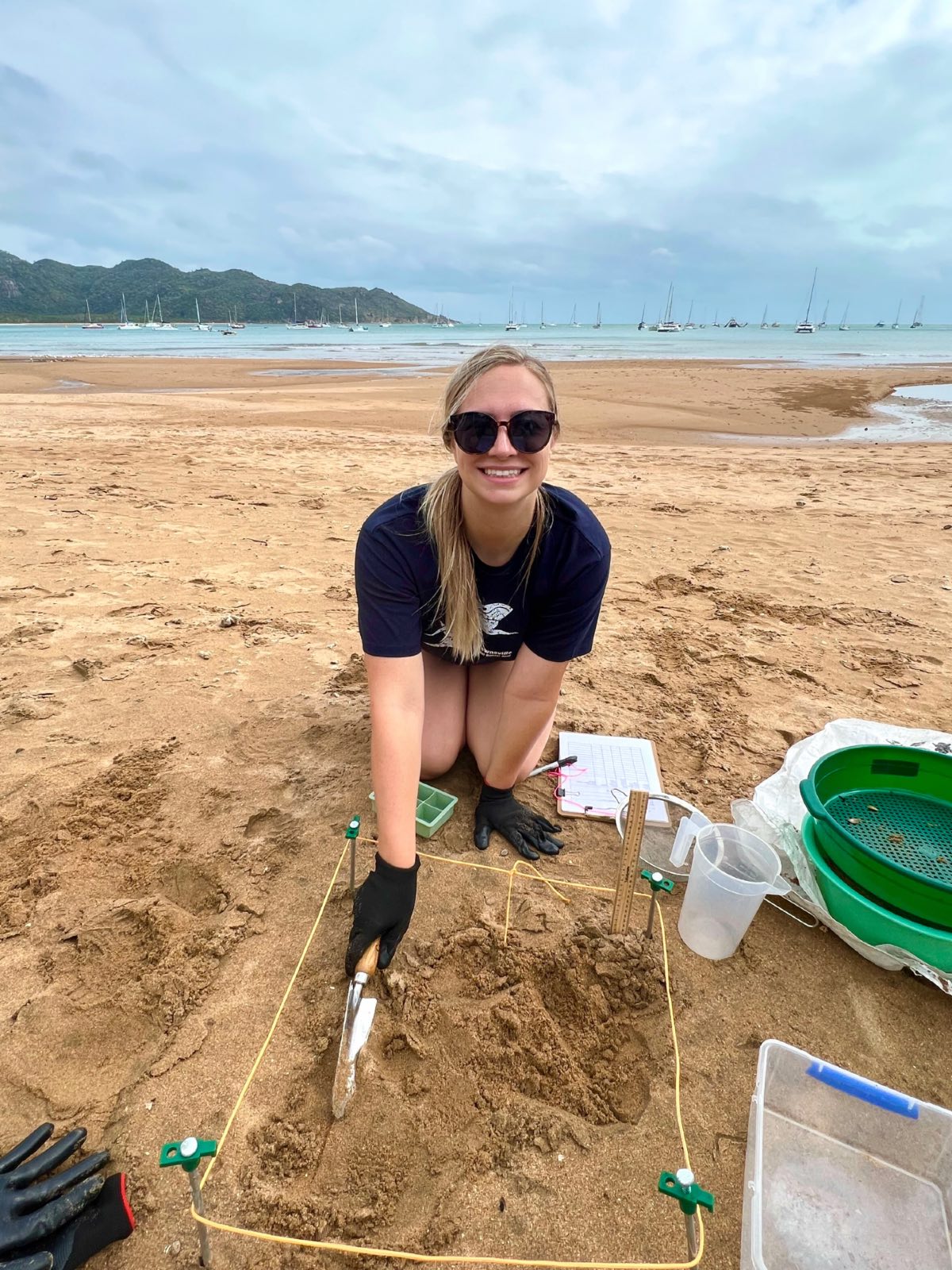
Queensland, Australia
Planned Sites
Townsville
Home to the Great Barrier Reef Marine Park Authority, Townsville, Australia, is the gateway to the Great Barrier Reef. Townsville boasts many Reef Guardian programs, including a network of schools taking action inside and outside the classroom to protect the Great Barrier Reef.
Magnetic Island
Just offshore from Townsville lies Magnetic Island. Over half of this rugged, mountainous island is a national park and supports eucalyptus woods, mangroves, sea grass beds, and fringing coral reefs. Rock wallabies scamper on granite boulders. Koalas forage in eucalyptus trees. Echidnas, black flying foxes, brushtail possums, and over 180 species of birds can also be seen on the island. Dugongs and sea turtles swim in the waters around the island.
Wheeler Reef
Part of the outer Great Barrier Reef, Wheeler Reef lies some 40 nautical miles off the coast of Townsville. Wheeler Reef is off the beaten track, making for pristine corals and crystal clear water with few divers or snorkelers in sight. In addition to a high abundance of fish — including fusiliers, parrotfish, and damselfish– turtles and manta rays are common. The reef is famous for gullies, canyons, and caves, and is an ideal site for divers and snorkelers.
(Course locations are subject to change.)
Australia Course Photos
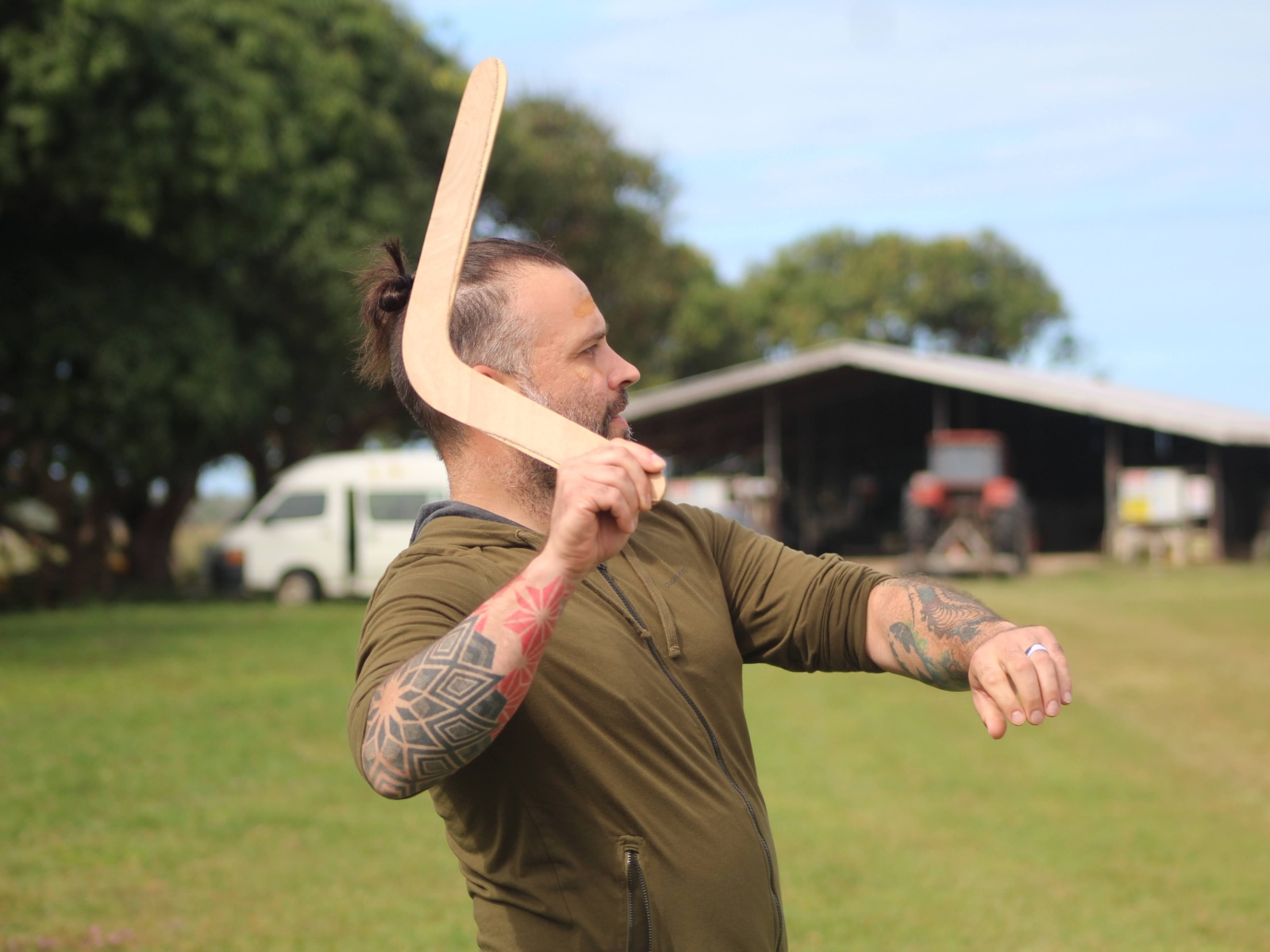
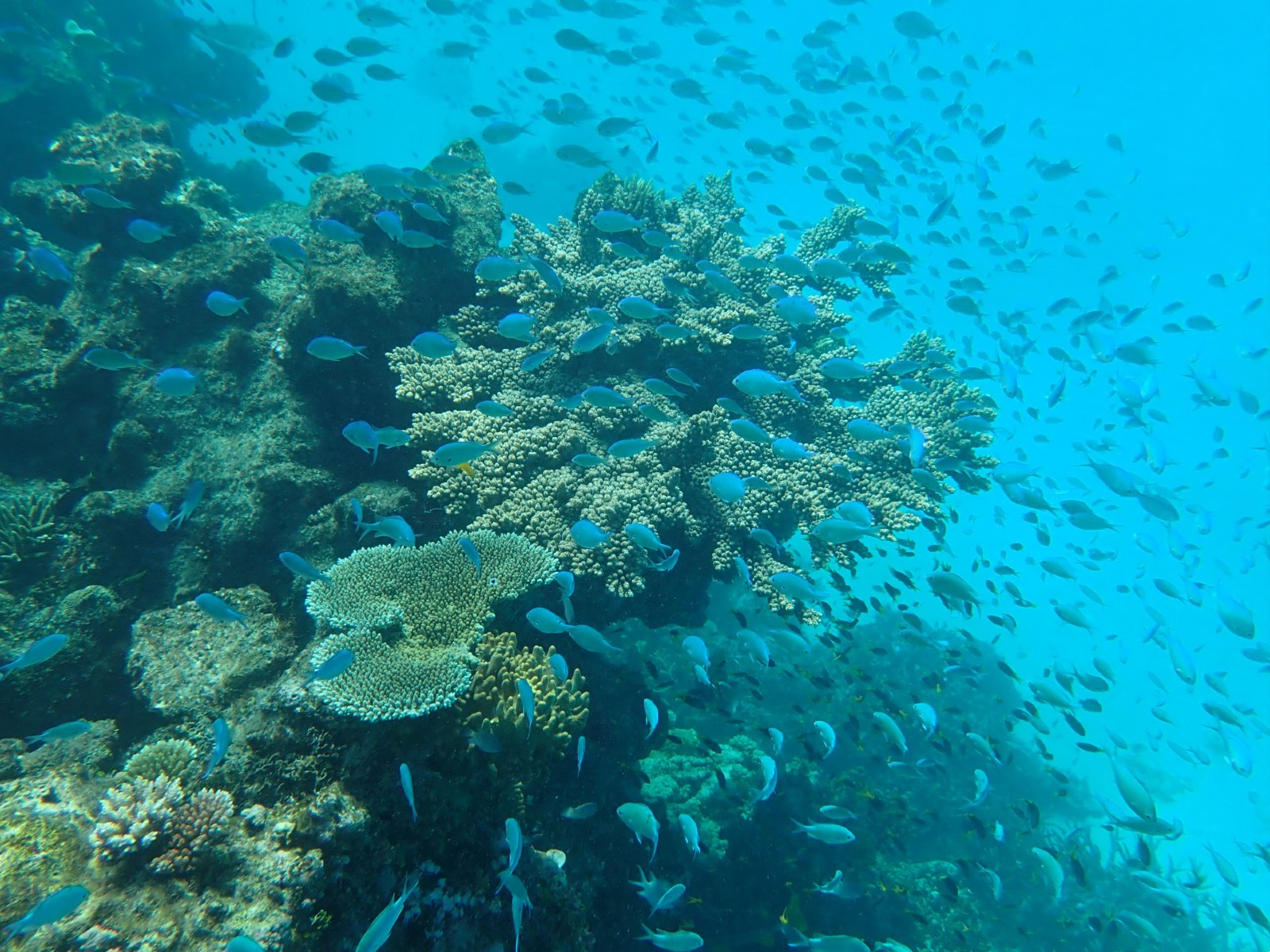
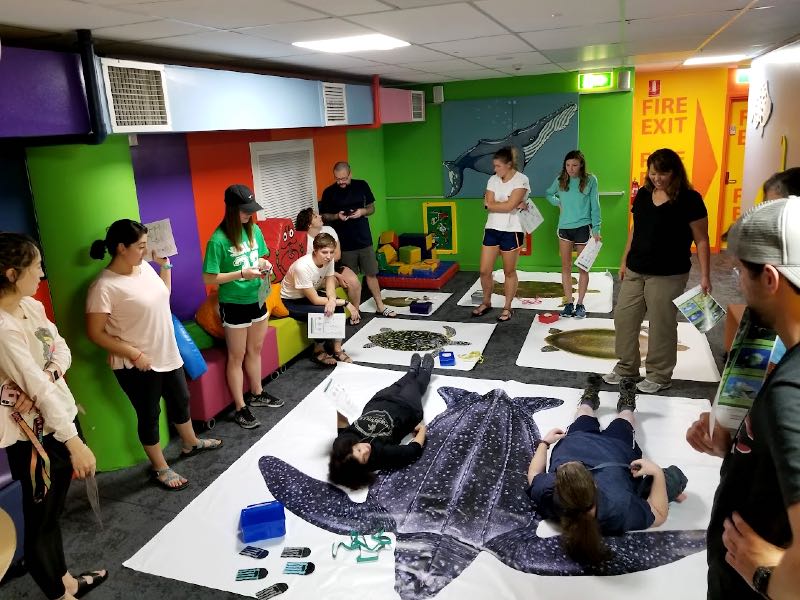
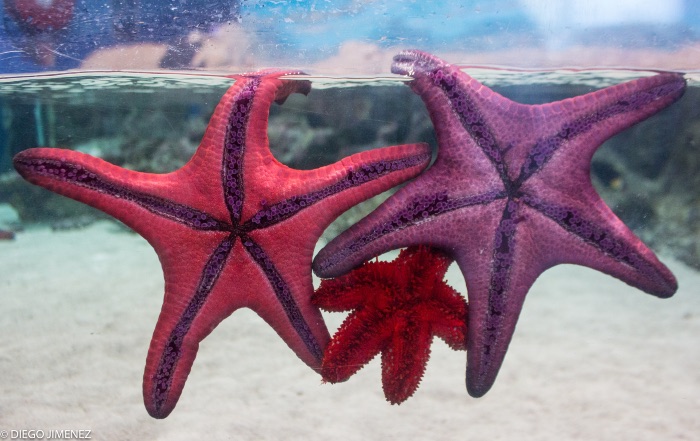
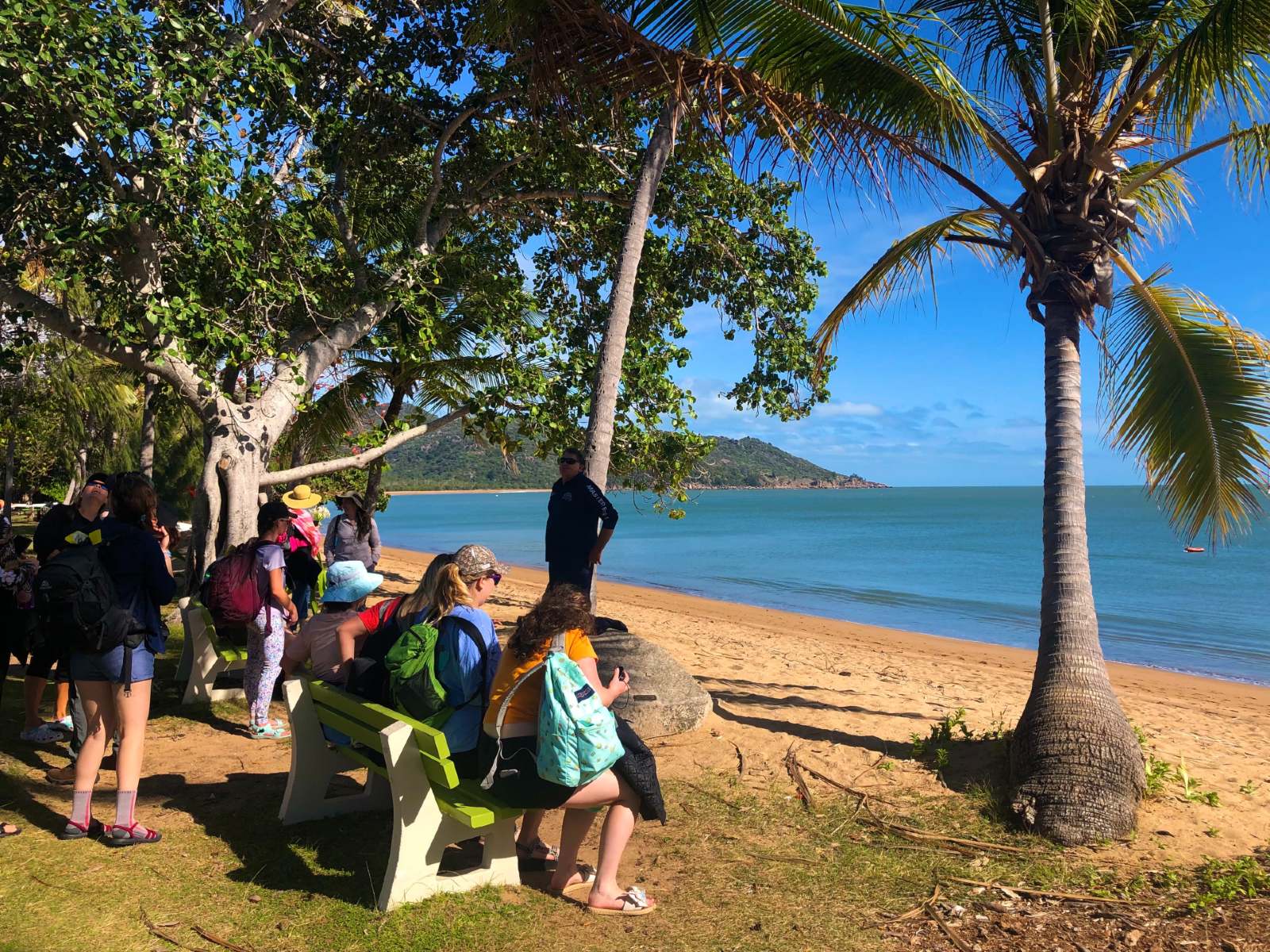
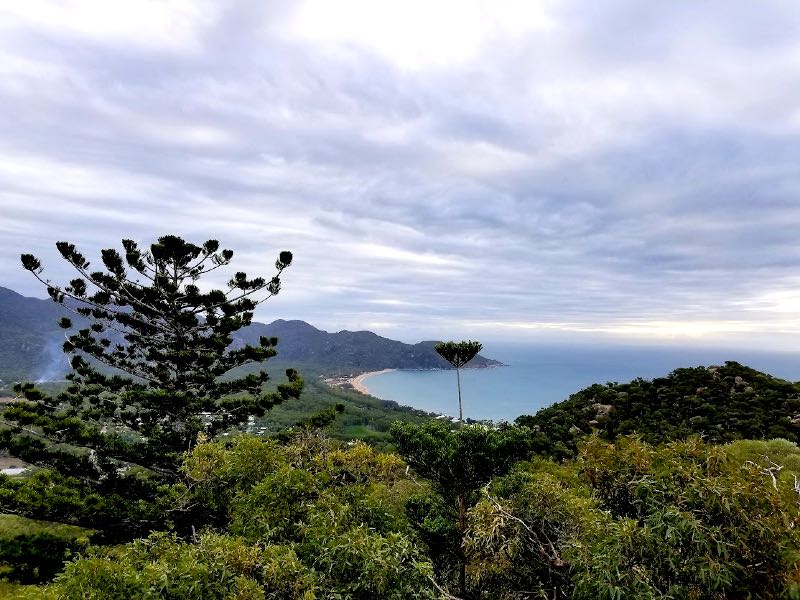
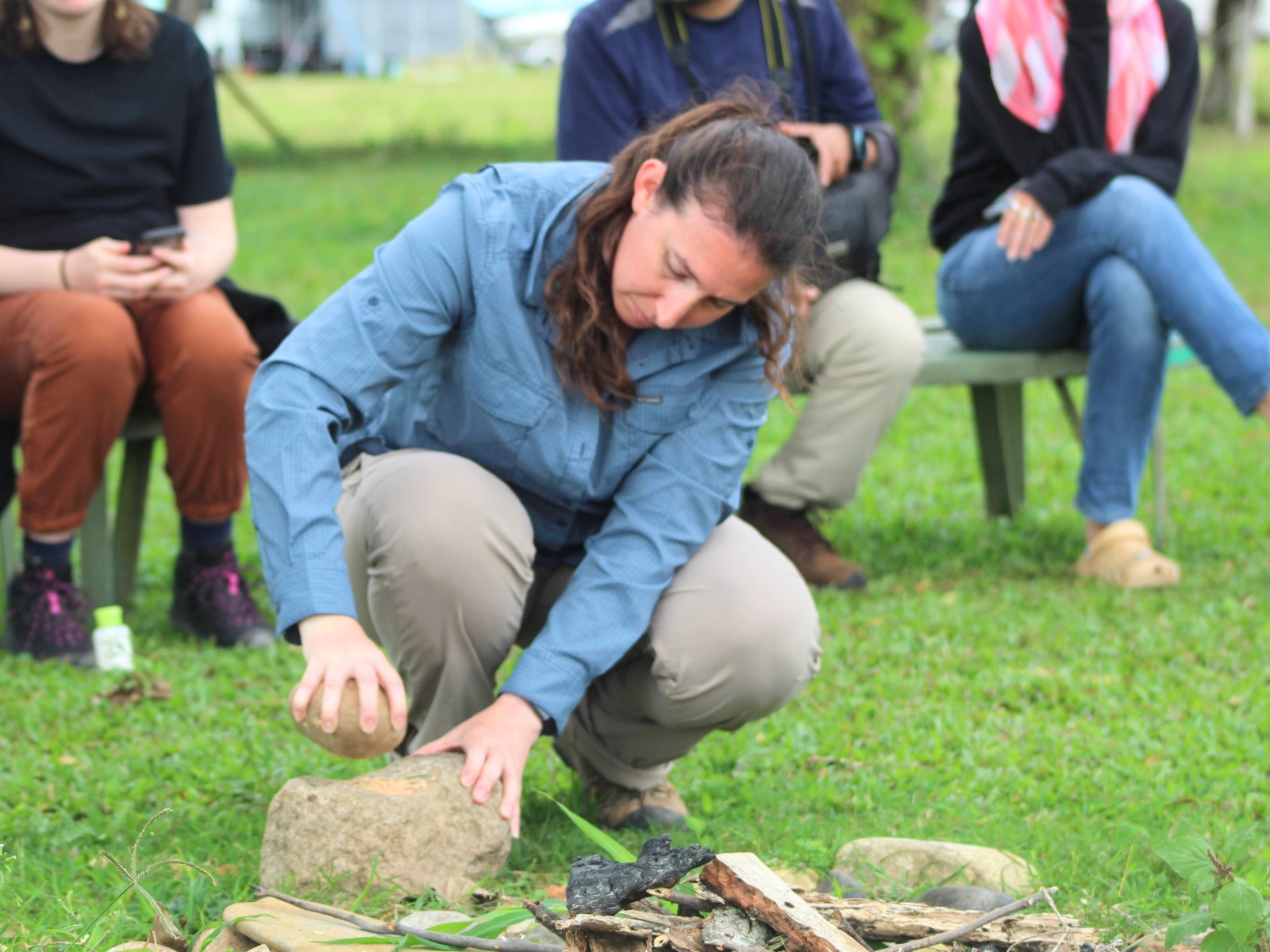
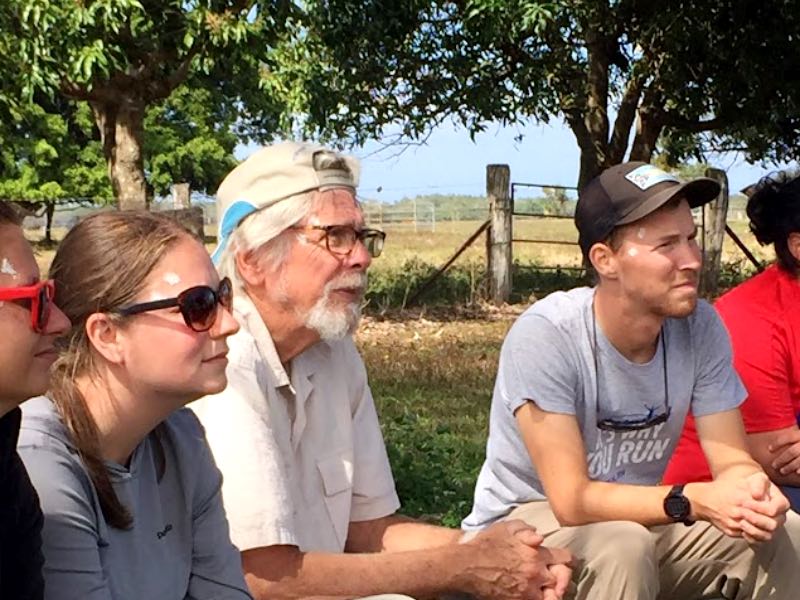

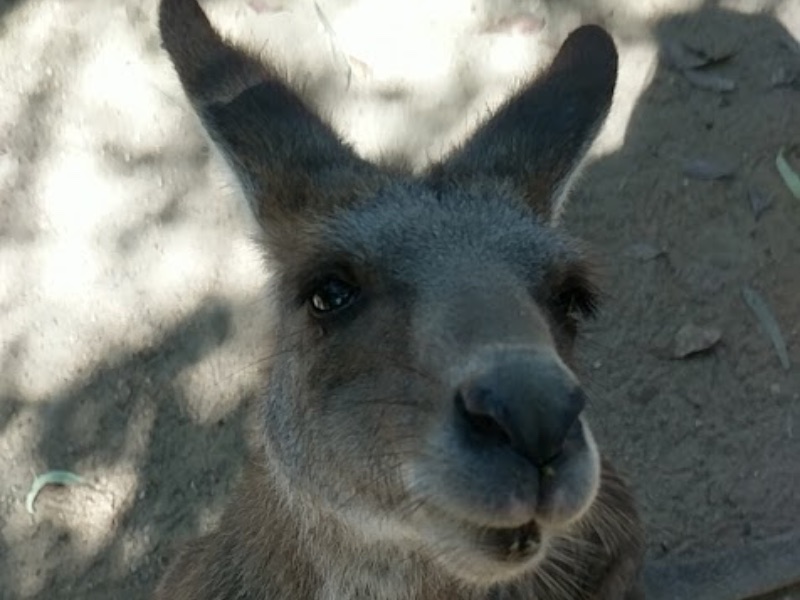
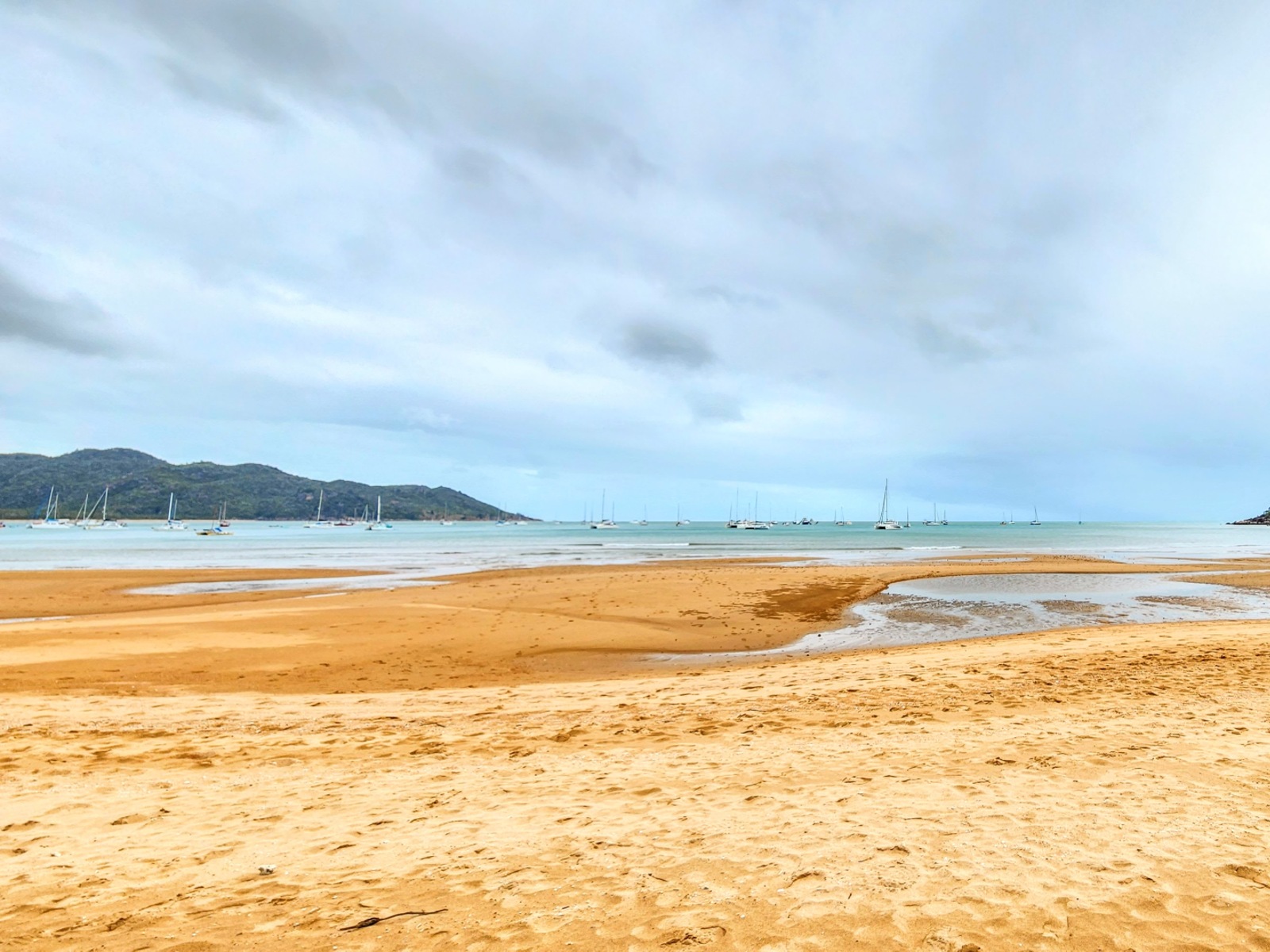
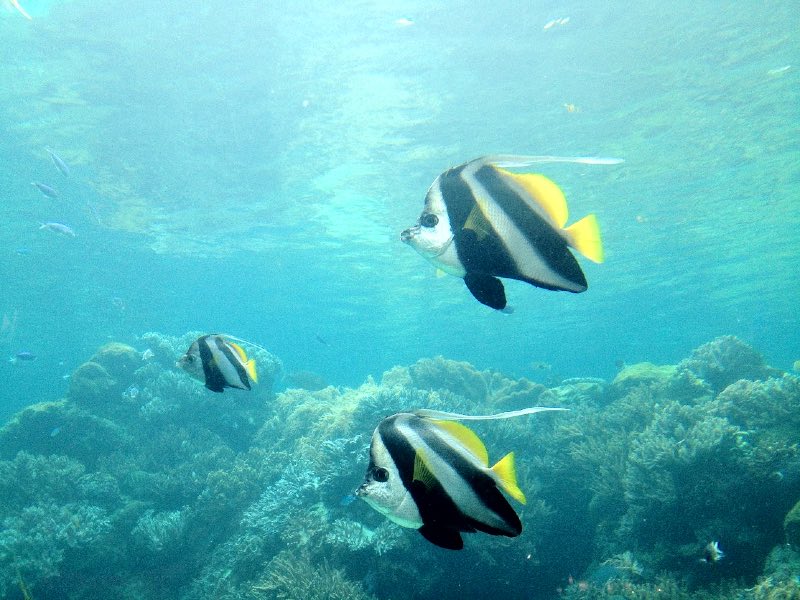
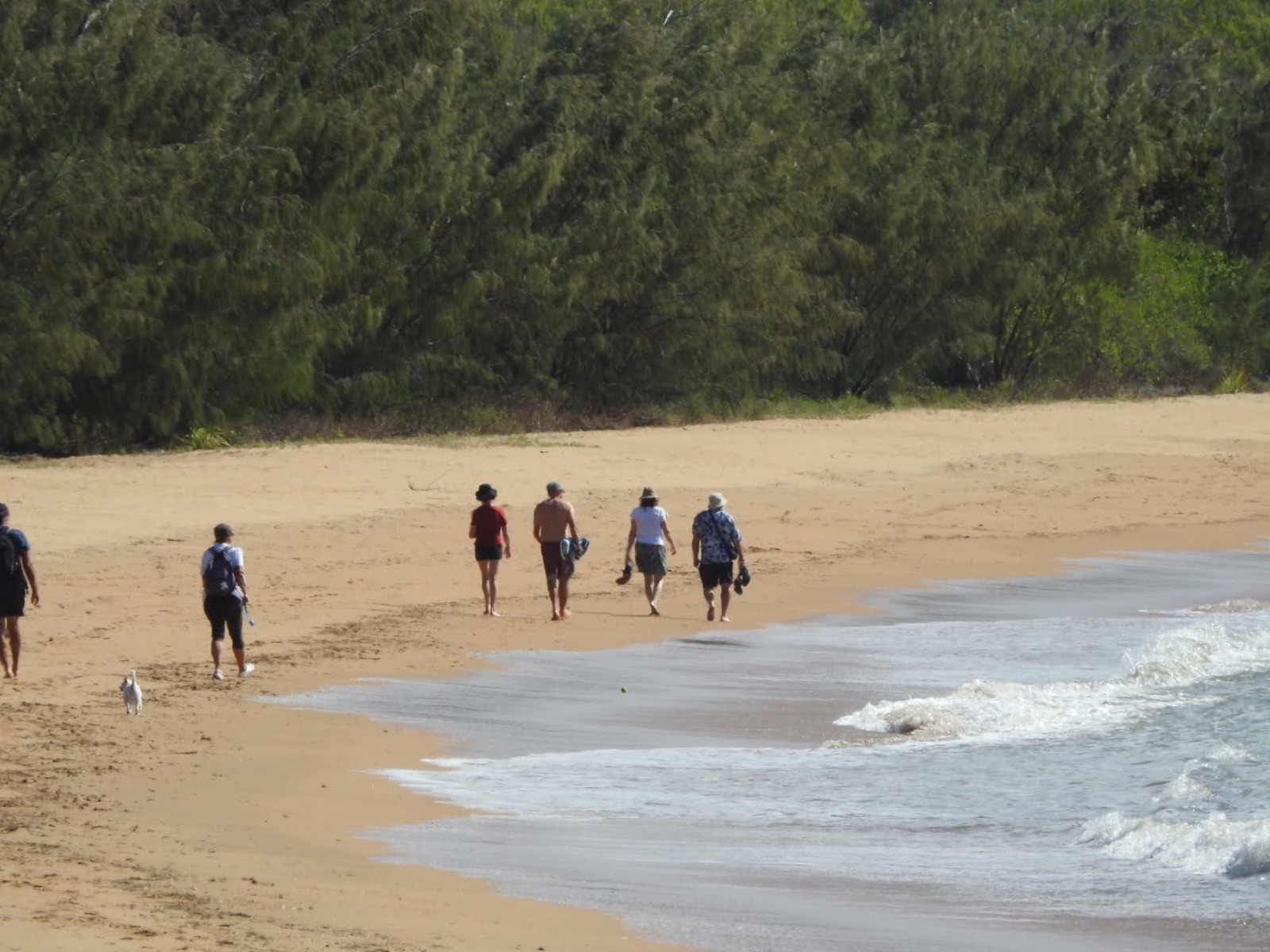
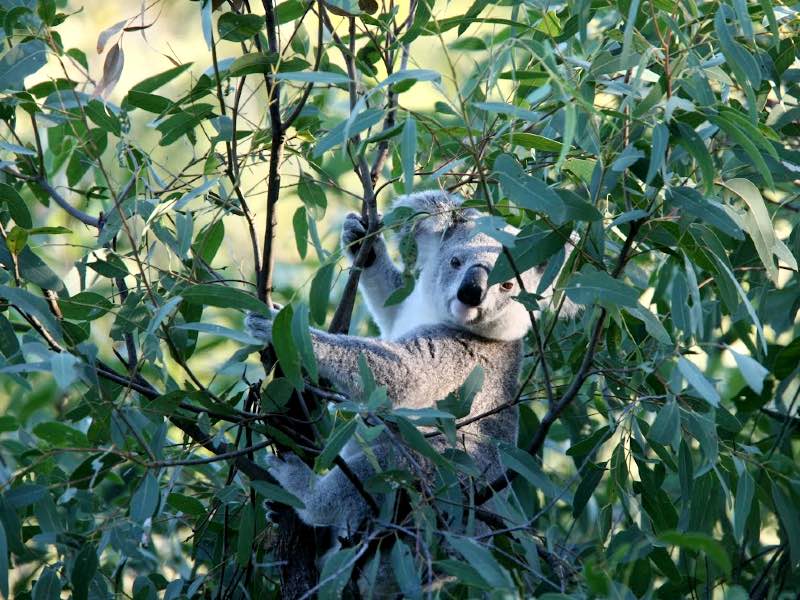
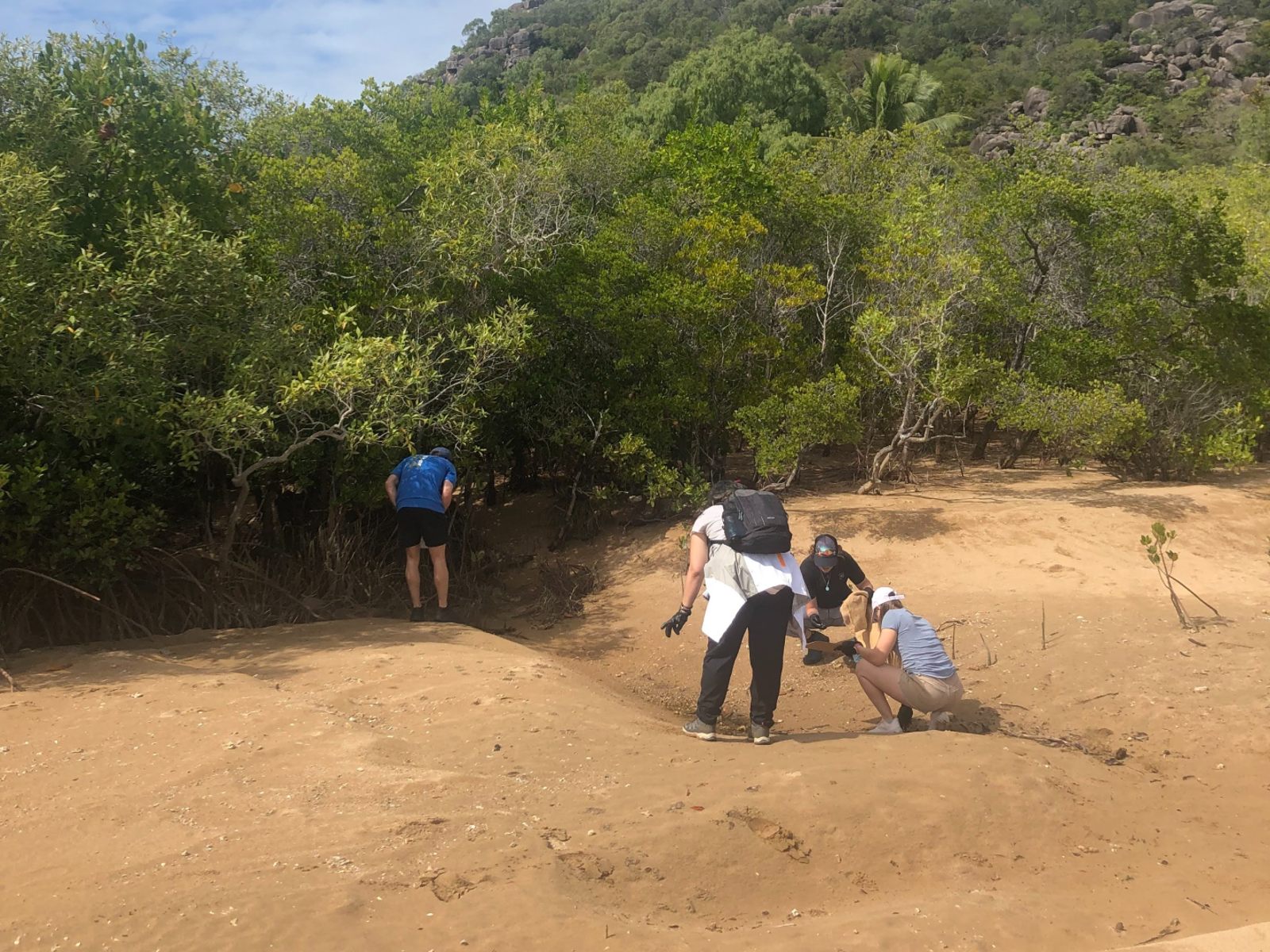
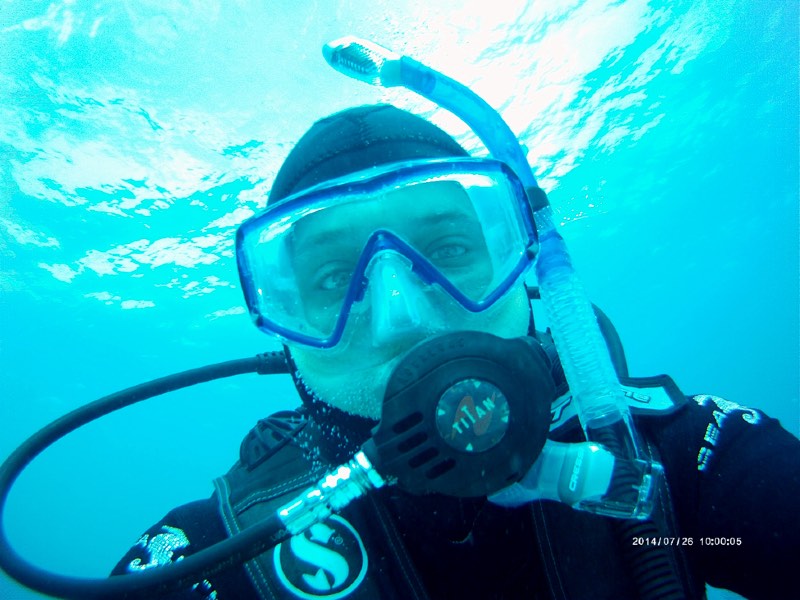
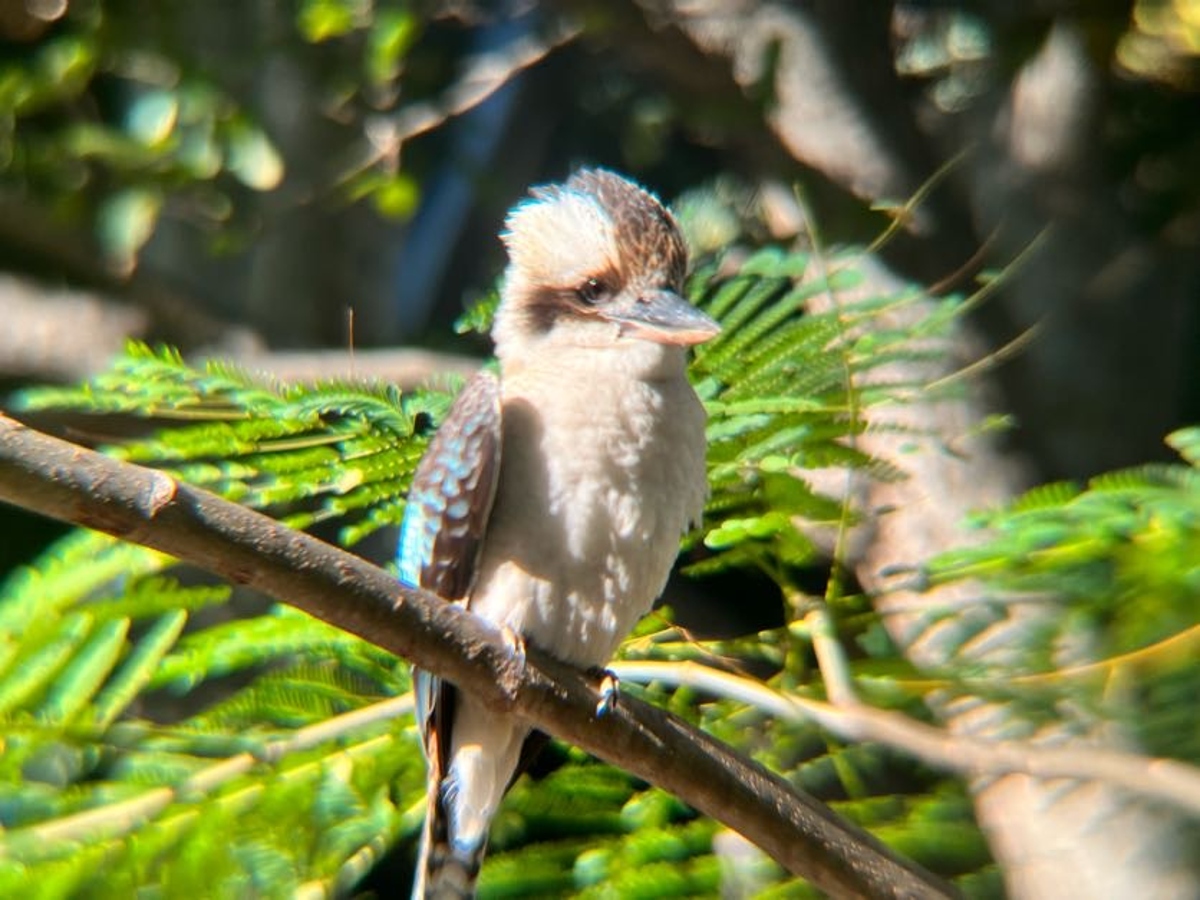
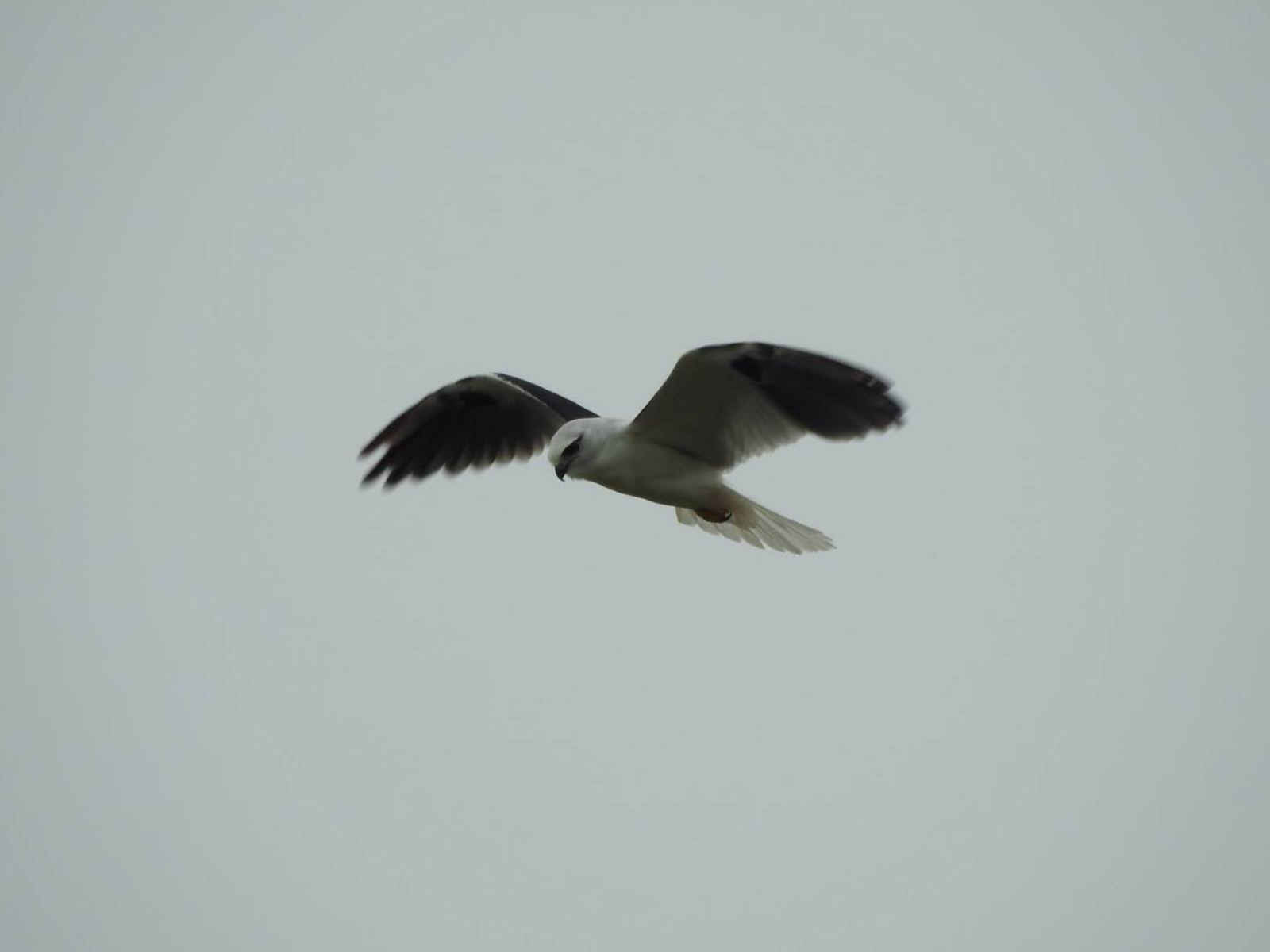
Inside Earth Expeditions
Recorded October 23, 2024, covering Australia, India, Paraguay, Thailand.
Want to know more about Dragonfly's global+web-based Earth Expeditions courses? Please view a recording from one of our 2024-25 Inside Earth Expeditions sessions, or join us next fall for an upcoming session, where we share the inside scoop on our EE course locations, partners, and activities. These sessions are perfect for current AIP and GFP students, prospective GFP students, and those interested in taking an EE as an individual course. Each session was led by an experienced member of our instructional team.
Questions?
Check out another EE!
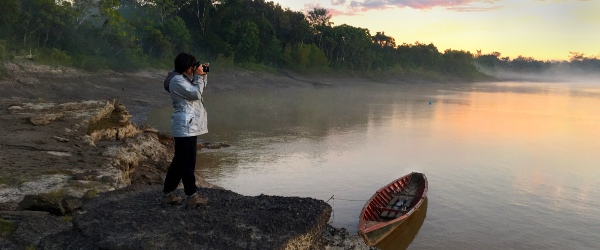
Amazon: Avian & Tropical Ecology
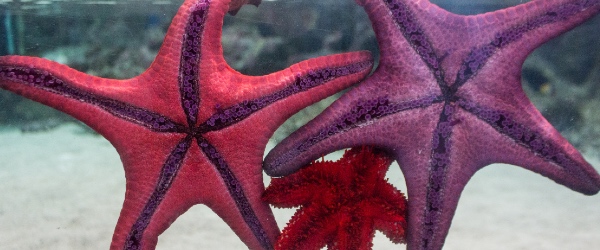
Australia: Great Barrier Reef
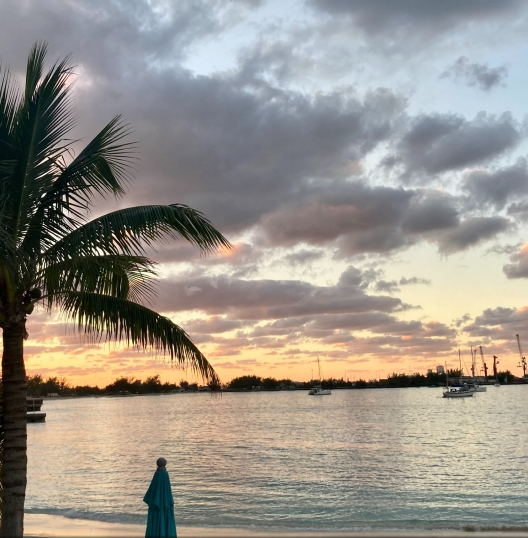
The Bahamas: Cultivating Conservation Networks
Snorkel in biodiverse marine protected areas, explore unique national parks, and gain an understanding of community-driven initiatives by talking directly with local experts at the forefront of conservation.
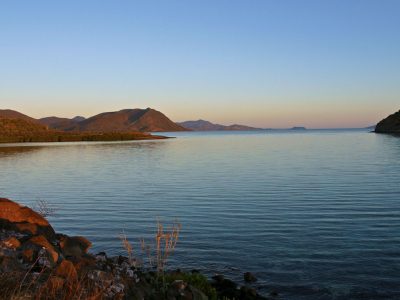
Baja: Field Methods
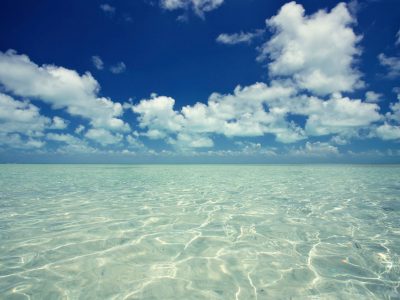
Belize: Approaches to Environmental Stewardship
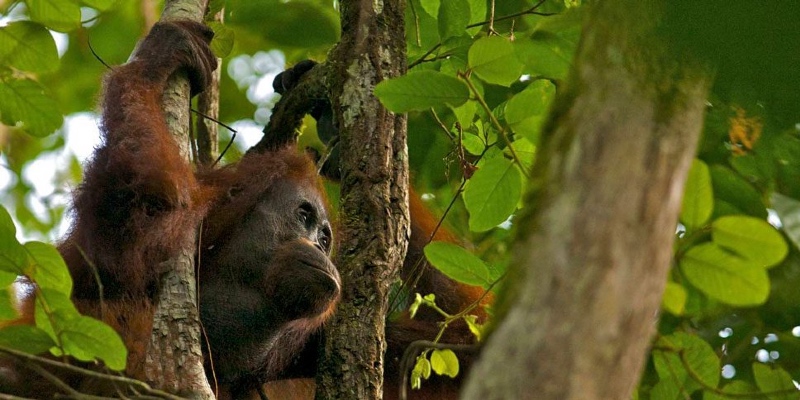
Borneo: Primate Conservation
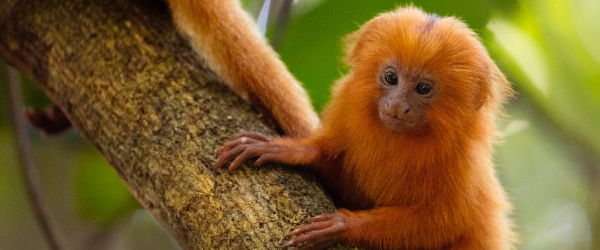
Brazil: Saving Golden Lion Tamarins
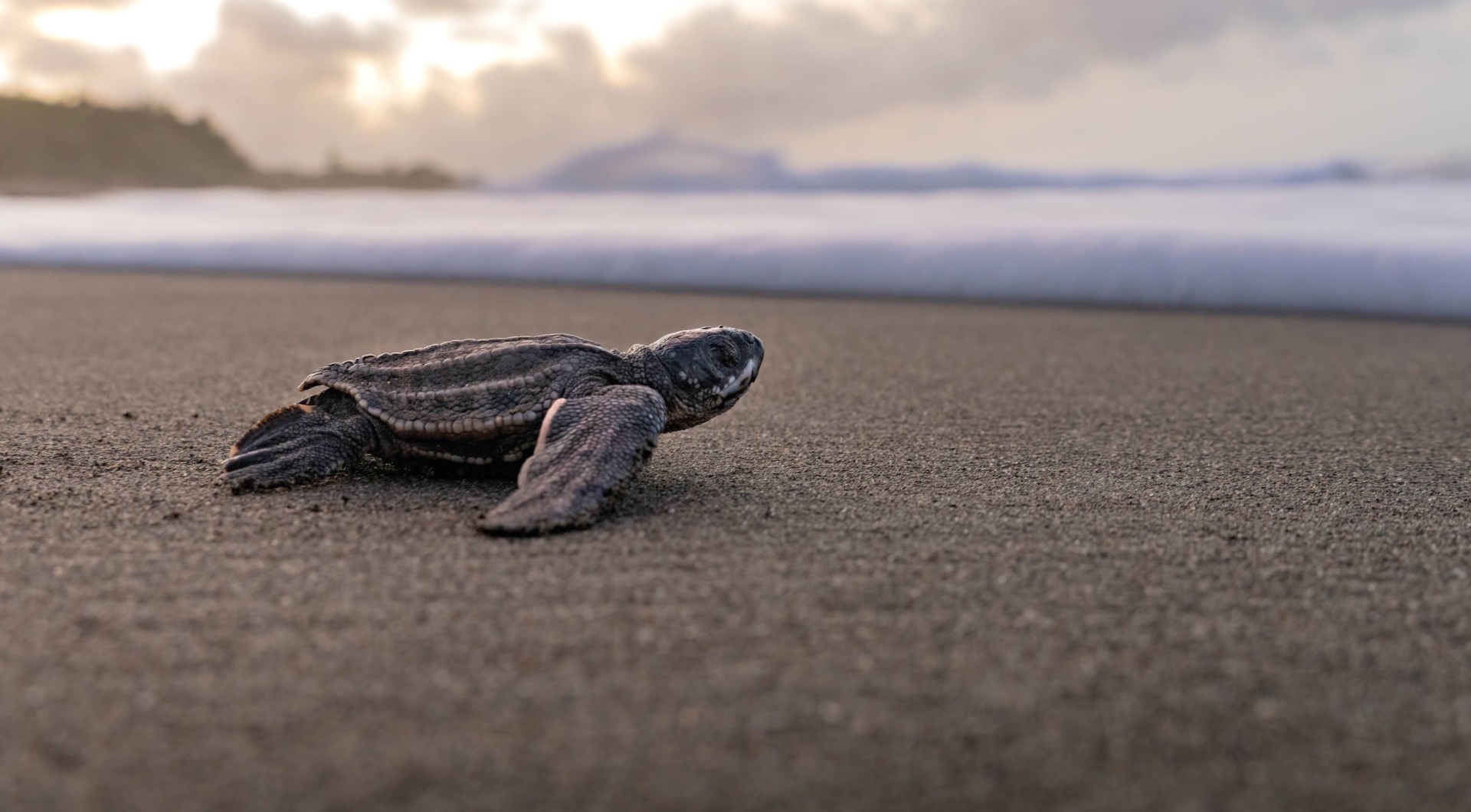
Costa Rica: Ecology & Ecotourism
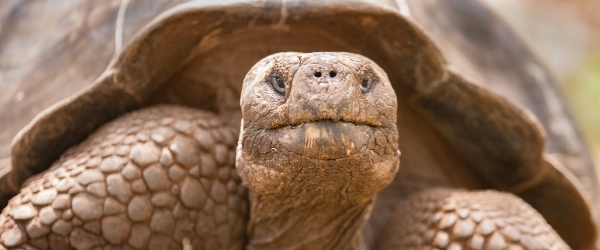
Galápagos: Islands of Change
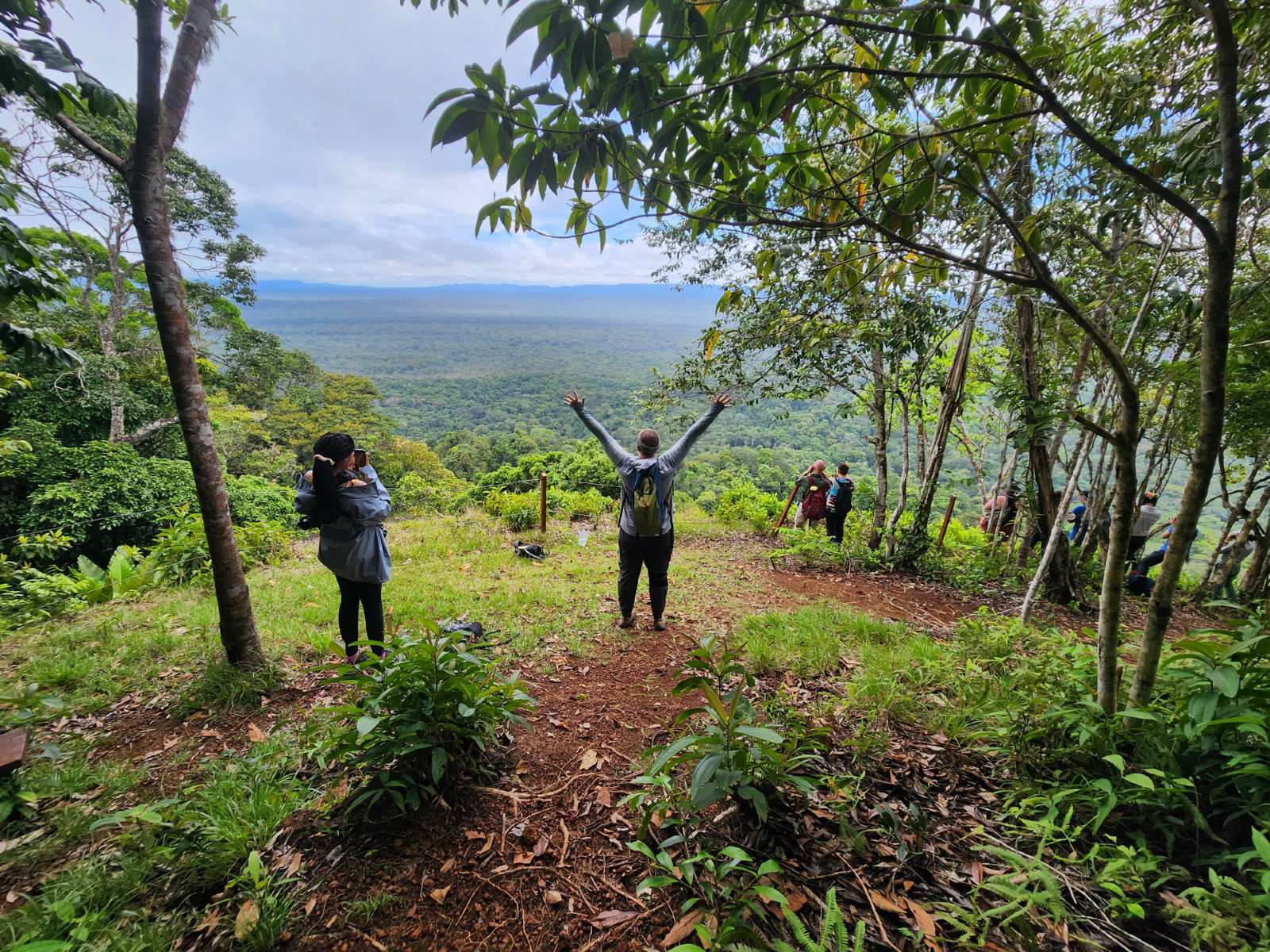
Guyana: Local Wisdom & Conservation
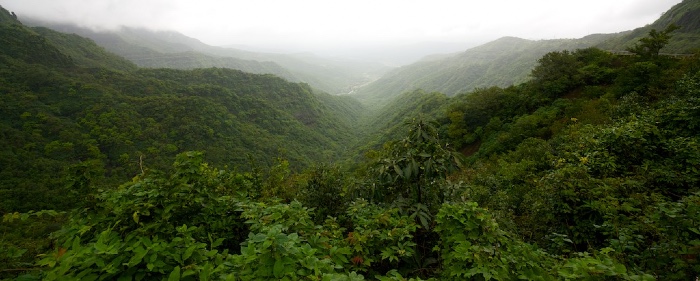
India: Species, Deities & Communities
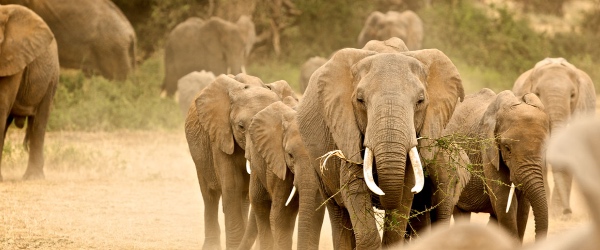
Kenya: Wildlife & People in Integrated Landscapes
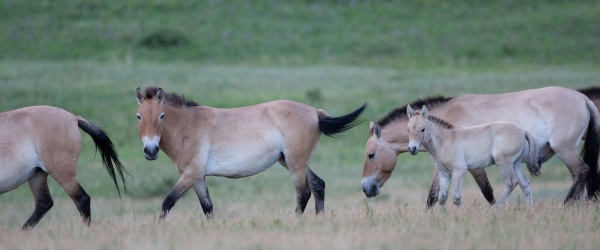
Mongolia: Steppe Ecology & Civic Media
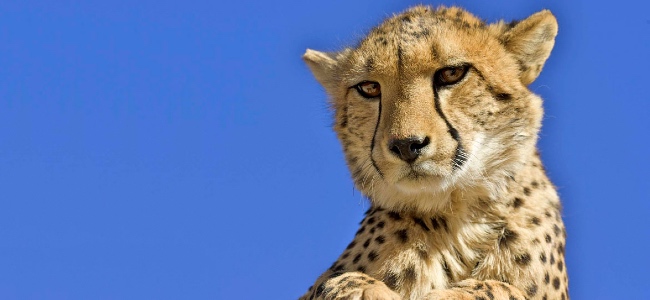
Namibia: Great Cat Conservation
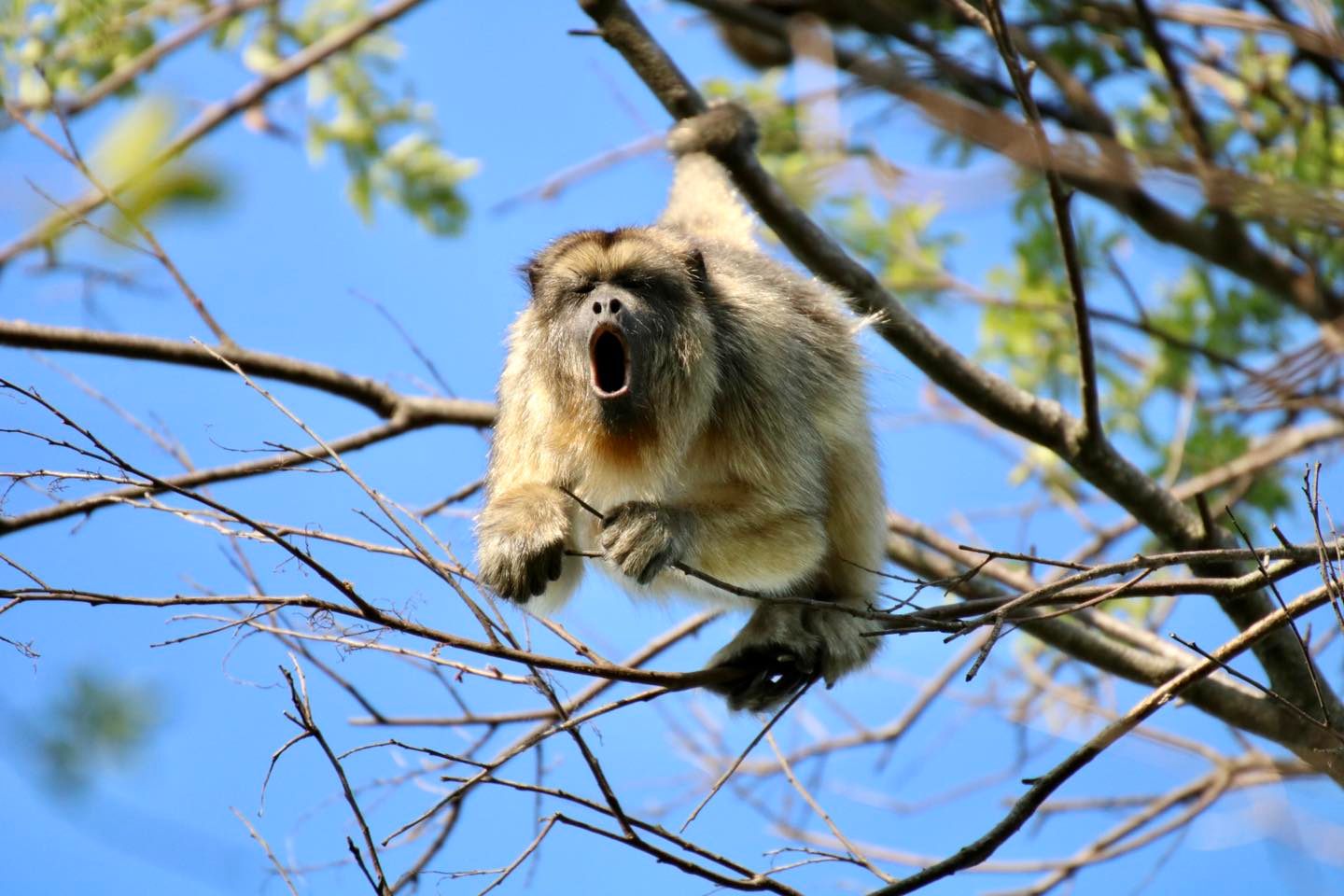
Paraguay: Eco-Leadership
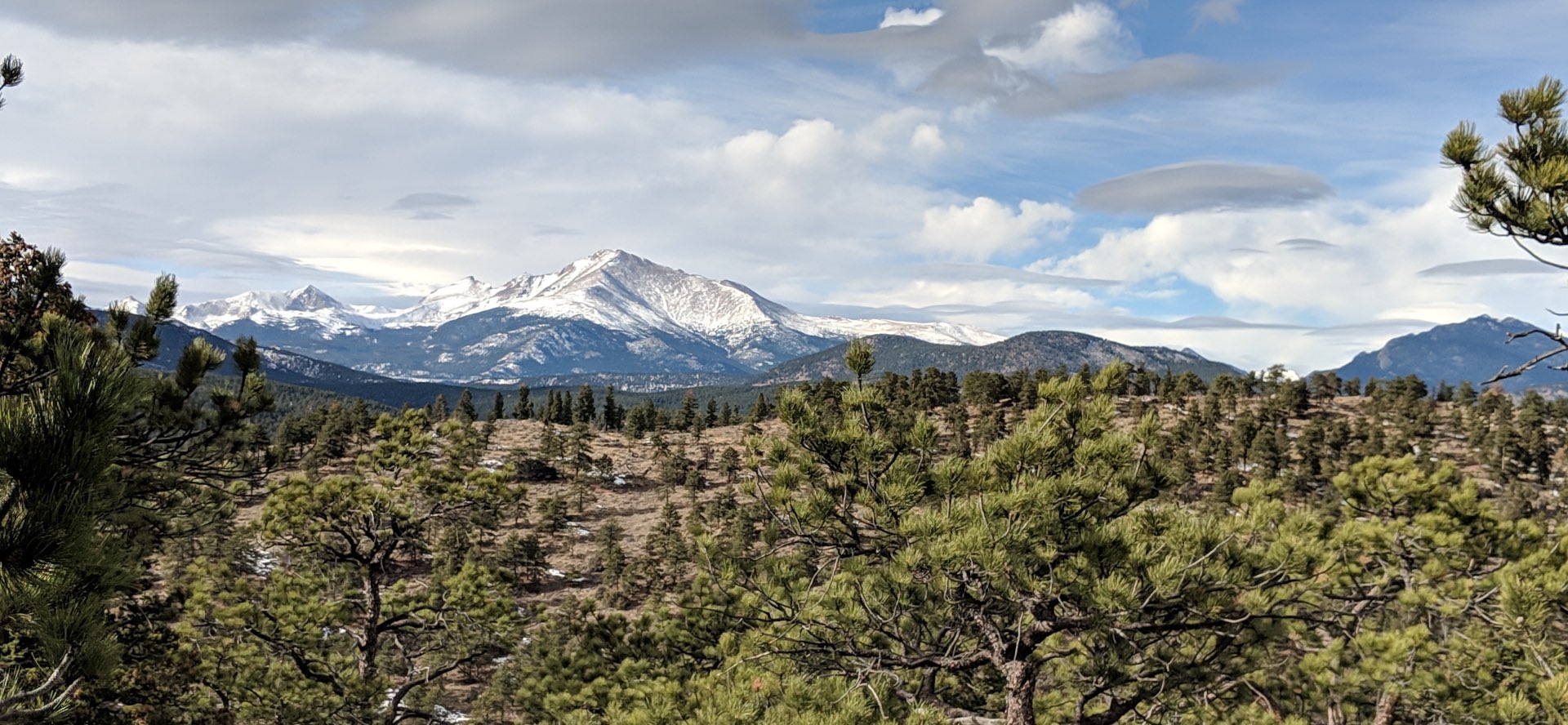
Rocky Mountains: Fire, Resilience & Urban Wildlands
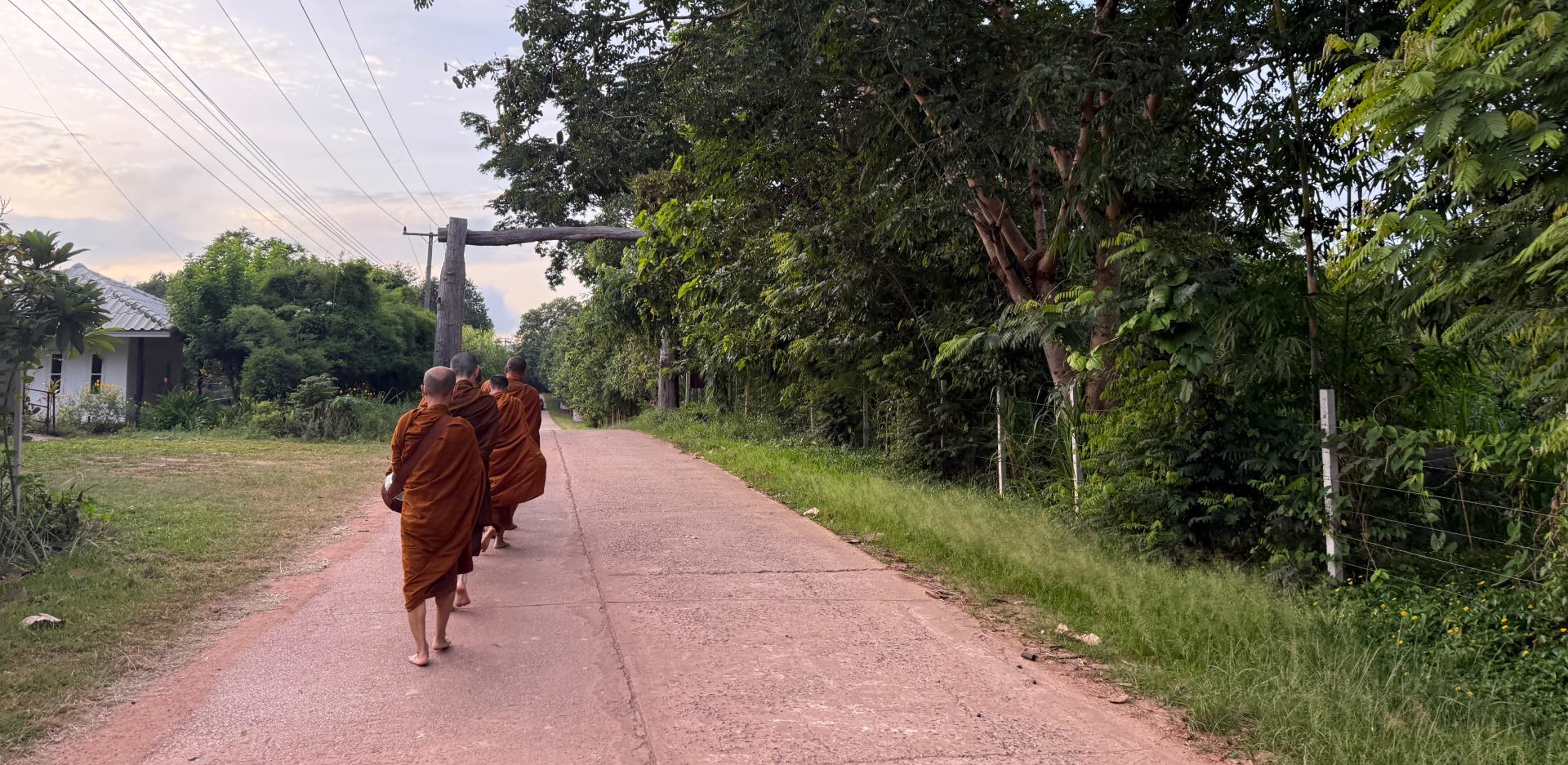
Thailand: Buddhism & Conservation
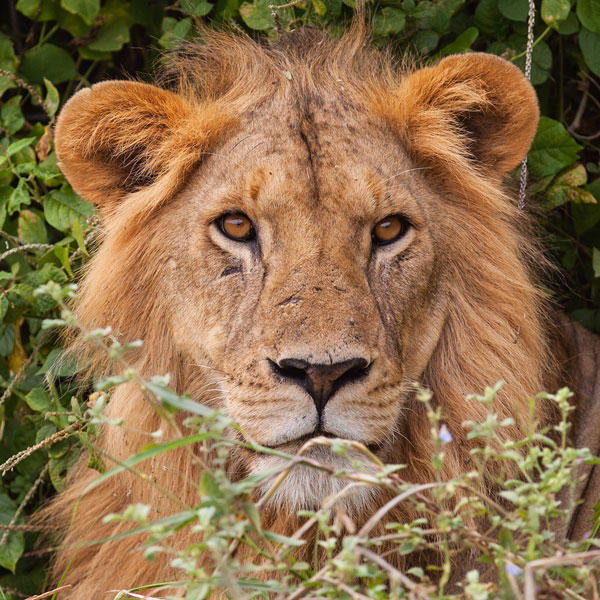
FAQs
